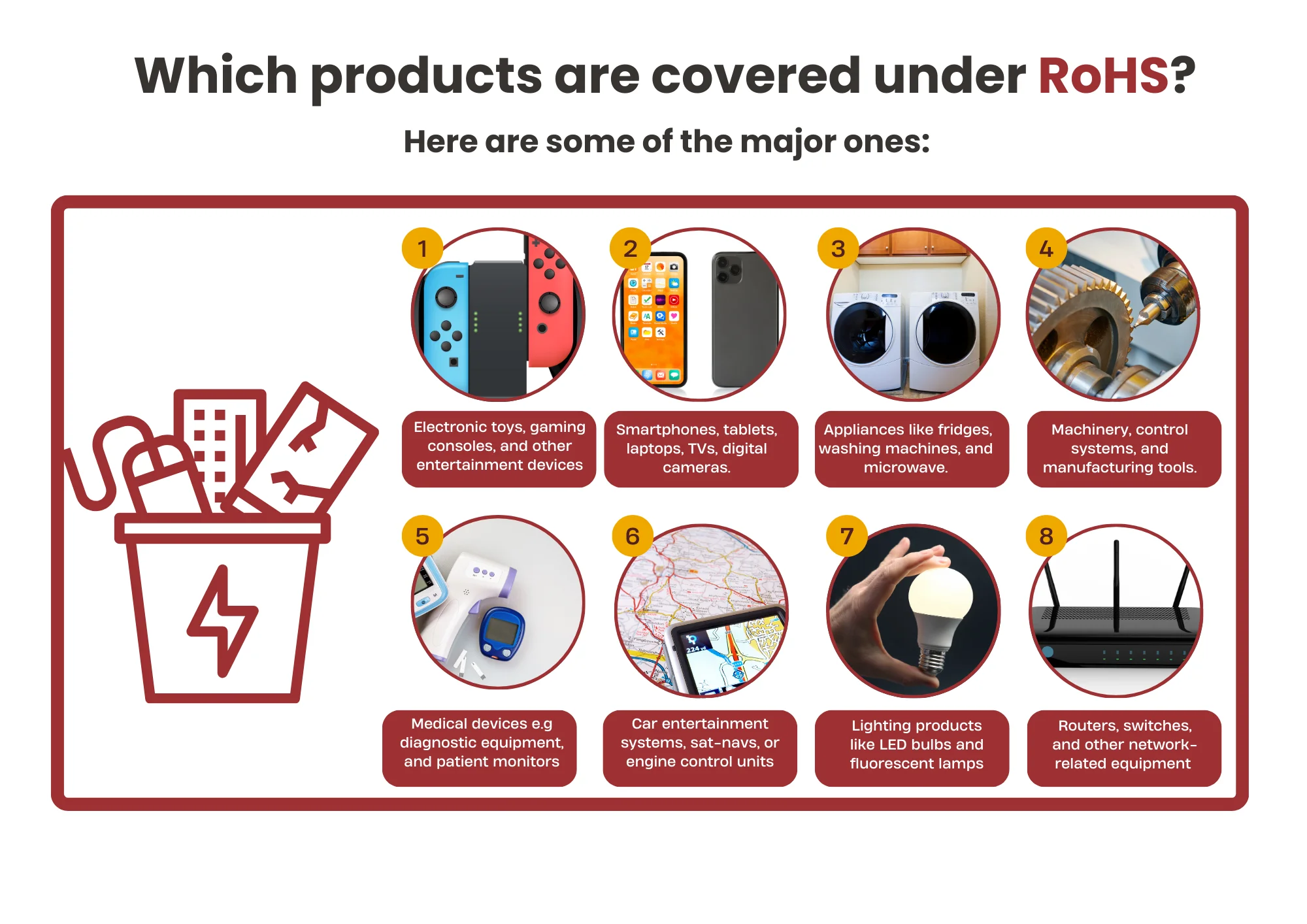
Cytotoxicity Testing Labs
The safety and effectiveness of medical devices are crucial for protecting patients' health. During the research and production process, cytotoxicity testing is an essential evaluation method. It not only assesses the cytotoxicity of materials but also provides scientific evidence for the safety of medical devices. This article explores the importance, methods, and applications of cytotoxicity testing in medical devices.
Definition and Importance of Cytotoxicity Testing
Cytotoxicity testing evaluates the effects of materials or products on cells through in vitro cell culture. It quickly screens out potentially toxic materials, preventing their use in medical devices, and is a key method for ensuring product safety. Its importance is reflected in the following aspects:
1. Ensuring Patient Safety: Eliminates materials harmful to human cells, preventing unsafe products from entering the market.
2. Regulatory Compliance: Regulatory authorities worldwide have strict safety requirements for medical devices, making cytotoxicity testing a critical step.
3. Enhancing Product Quality: Manufacturers can identify and replace toxic materials through testing, improving product safety.
Methods of Cytotoxicity Testing
Various methods are used for cytotoxicity testing, including:
- MTT Assay: Measures mitochondrial enzyme activity to evaluate cell viability.
- Neutral Red Uptake Assay: Determines cell survival by assessing dye uptake.
- LDH Release Assay: Detects lactate dehydrogenase (LDH) released from damaged cell membranes to assess toxicity.
Applications of Cytotoxicity Testing in Medical Devices
1. Implantable Medical Devices: Evaluates the impact of implant materials on cells to ensure biocompatibility.
2. In Vitro Diagnostic Equipment: Ensures the safety of reagents and consumables, guaranteeing reliable test results.
3. Medical Dressings: Assesses the effects of materials on cells to ensure safe wound healing.
Advantages of China JJR Medical Laboratory
1. Internationally Recognized Test Reports: Certified by TUV, SGS, FDA, and other international organizations, ensuring credibility.
2. Comprehensive Testing Services: Covers electrical safety, performance testing, biocompatibility, and other medical device evaluations.
3. Extensive Experience and Certifications: Holds CNAS, CMA, A2LA accreditations and complies with FDA GLP standards.
4. Integrated Service Platform: Provides full-process support, including regulatory registration and clinical trial CRO services.
Cytotoxicity testing is a critical component of medical device safety evaluation, ensuring product safety and quality. In the highly competitive global market, its significance is increasingly evident.
Email:hello@jjrlab.com
Write your message here and send it to us
 What is the IEC 60598 Standard?
What is the IEC 60598 Standard?
 What is the Canada IC Logo?
What is the Canada IC Logo?
 EMC Pre Compliance Testing
EMC Pre Compliance Testing
 PAHs Testing (Food and Textile)
PAHs Testing (Food and Textile)
 Where to Apply for the EU RoHS Test Report?
Where to Apply for the EU RoHS Test Report?
 Children’s Products and Toy Testing
Children’s Products and Toy Testing
 What is a GB 31701 Test Report?
What is a GB 31701 Test Report?
 UN 38.3 Transportation Test
UN 38.3 Transportation Test
Leave us a message
24-hour online customer service at any time to respond, so that you worry!




